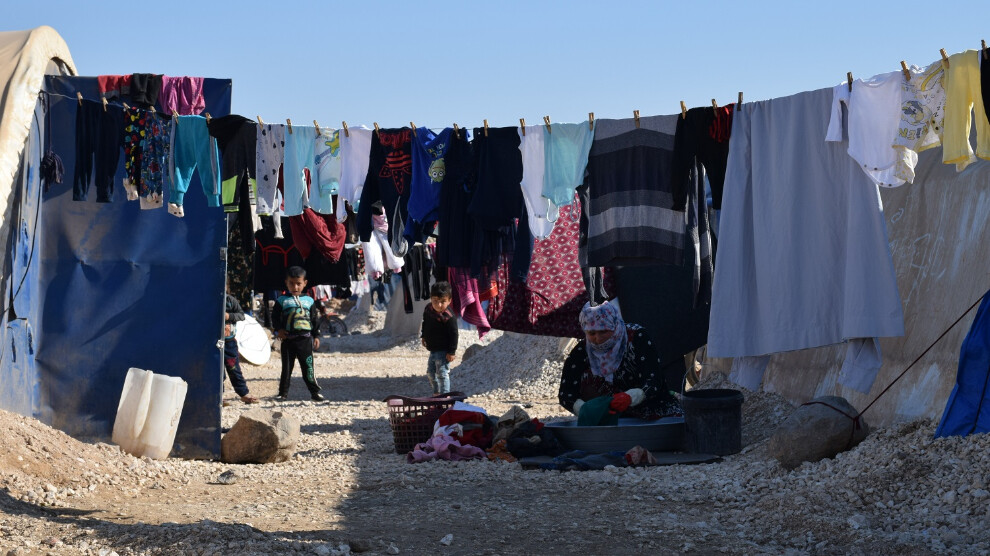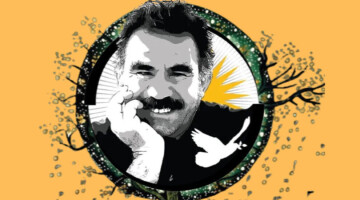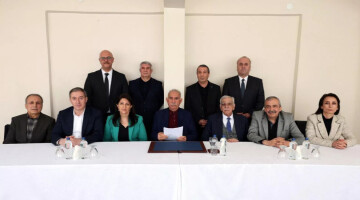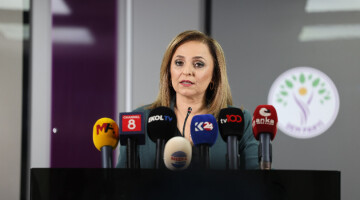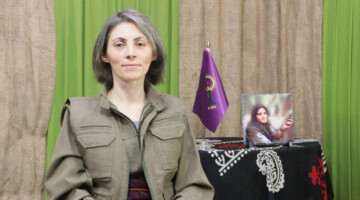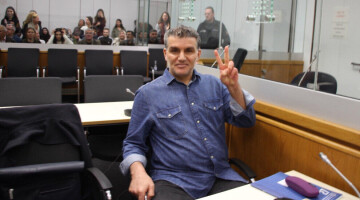Approximately 12,000 refugees live in Washukani Camp. The refugees are not getting any help from humanitarian aid organizations. Although the camp residents make a living despite limited opportunities during the summer season, winter has already started to cause problems in camp life.
Ela Cemil Ali, the co-chair of Washukani Camp Council, told ANHA that with the approaching cold, all kinds of basic food items are needed in the camp. Cemil Ali added that the number of tents in the camp is insufficient, and 300 families who applied to enter the camp were unable to do so due to the difficulties already experienced by the camp administration.
18 square meters of living spaces
Each family staying in the camp lives in tents of 18 square meters. The tent, which is used as a kitchen, living and sleeping area, also often lack a bathroom. Many tents are worn out which causes rainwater to leak in while people try to patch their torn tents with the little means they have.
Another important problem is the lack of sewage system in the camp. The flow of sewage water into the camp due to the increasing rain also adds to the already present danger of epidemics in the camp.
Pointing out that humanitarian aid organizations do not help the camp, Cemil Ali said that some institutions did not fulfil their promises.
Refugees who had to leave Serêkaniyê due to the Turkish state's invasion attacks last year expect the difficulties they face in the camp to be reduced. Having difficulties in providing basic food and necessities, refugees also lack warm clothes to protect themselves against the cold.
One of the camp residents, Xidir El Ali, stated that their only wish is to liberate Serêkaniyê and return to their homes.
Xedice Hemud, who migrated from the village of Til Mihemed and settled in the camp, whished to have a stove to get warm in the winter.
Helime Ehmed, who migrated from the village of El Derbo, pointed out that her clothes were not suitable for winter and called for solidarity with humanitarian organizations.

